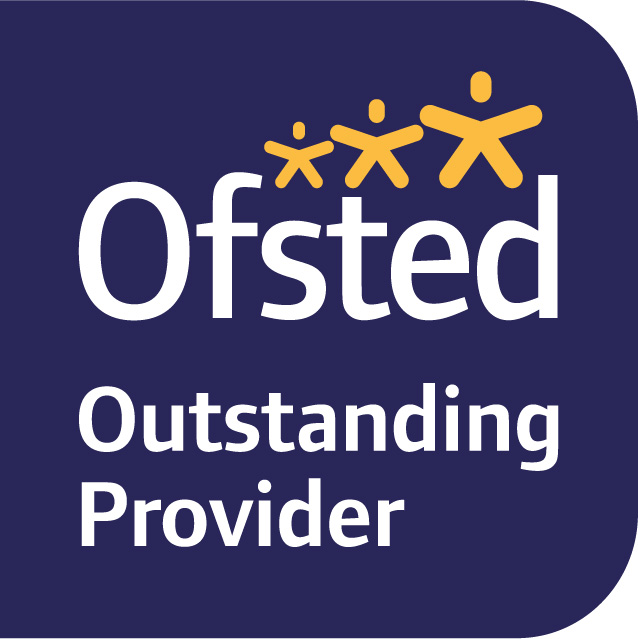Reading

Reading at Sheringham
We know how vital a great reading education is, as it unlocks a whole world of learning and enjoyment! At Sheringham, we make sure our curriculum gives children the skills they need to read fluently and confidently, whilst helping children to develop a real love of reading in their not only their reading lessons, but across the curriculum and at home.
KS1 Reading
We aim to promote a love of reading amongst all our children.From reception and into the start of Year 2, children take part in a phonics programme called RWI (Read. Write. Inc.).
This programme focuses on developing knowledge of sounds so that children can decode words to read and segment words to spell. Children are also introduced to basic comprehension skills and how to read with fluency and expression. Children are assessed regularly, and grouped according to their sound knowledge and word reading.
In year 2, children move onto whole-class reading lessons in their base class. Children continue to use many of their RWI decoding skills to read appropriate fiction, non-fiction and poetry texts. Children develop their comprehension and retrieval skills through introduction to some elements of our KS2 reading approach; Destination Reader, and continue to develop their wider reading skills of fluency and expression.
As well as structured reading lessons we have story-time, well stocked book corners, encourage children to take books home to read with their family and incorporate a variety of texts into other lessons of the curriculum.
We follow the Ruth Miskin Read Write Inc. program.
For further information about this program please click here.
KS2 - Destination Reader.
In KS2, children learn strategies and skills to improve their reading in a daily 45 minute slot.Destination Reader aims to foster a love of reading and build the skills needed to independently gain a deeper understanding of texts.
At Sheringham, we know how important reading is and we want our children to become readers for life. Children are exposed to a wide range of high-quality texts that aim to motivate and provide opportunities for learning and challenge.
Within Destination Reader lessons, children are taught 7 reading strategies, which allow them to develop their understanding of a text.They are crucial to children becoming successful readers.
- Summarising: Identifying the main ideas in a text.
- Inferring: Using clues in the text to make meaning (character's feelings or motives, author’s opinion, mood of the text etc.)
- Predicting: Making a statement about what might happen next.
- Evaluation: Making a judgement about author choices.
- Clarifying: Using skills to define unfamiliar words and phrases.
- Making connections: Linking the text to own experience, wider world knowledge or other texts.
- Questioning: Asking questions about the text for understanding.
In addition, children are taught the skill of retrieval (lifting facts, quotes and evidence from the text) which is needed to access the strategies above.
To support children using these reading strategies, they are taught ‘stems’ or sentence starters which help them to frame their responses to a text.
In Year 3 and 4
Destination Reader is taught by using one strategy for the week. The teacher clearly models how to use this strategy and the children practice aloud with their partners.
Twice a week they also have the opportunity to develop their wider reading skills of fluency, expression, self-correction and decoding within their word-reading level. Children will also learn how to form their ideas into written answers which will support them in later years.
In Year 5 and 6
Once children have built the necessary strategies, they begin Reciprocal Reading.
In Reciprocal Reading, children work in groups to build understanding of a text together. By talking to each other, building on and challenging others’ ideas, they are able to gain a deeper understanding of the text and learn from each other.
How to support your child at home
It is important to hear your child read and read to your child as frequently as possible.
Once a day is ideal. Encourage your child to stop every so often in their reading, to use a strategy. If you feel confident, asking questions to check their understanding is an effective way to help your child.


